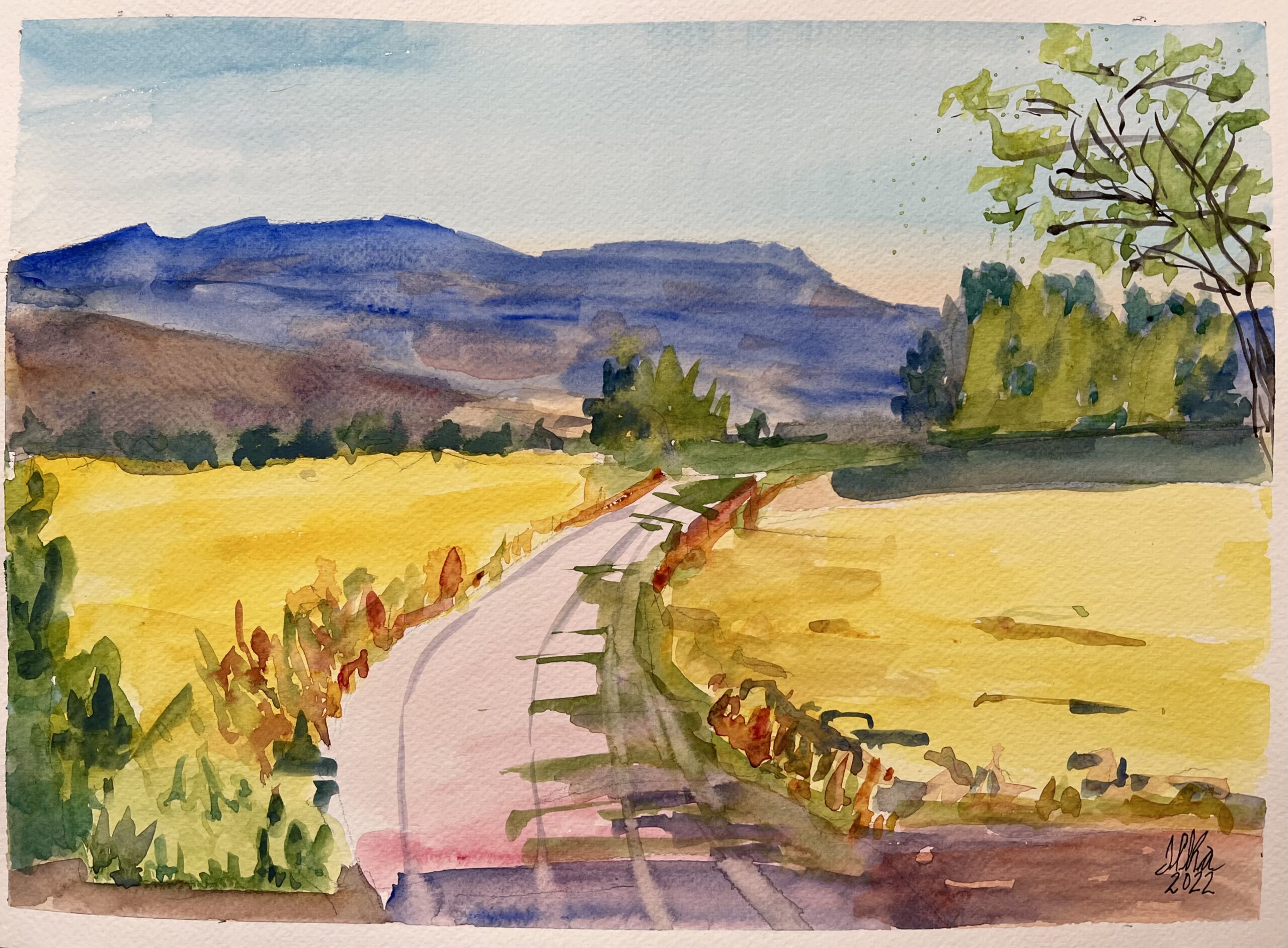Translated by Marvin Najarro
After the fence, the homeland becomes a perennial longing. The undocumented know this more than anyone else. It becomes that old letter of paper worn out by so much folding and unfolding. It is in the evocation of rainy days, of the milpa growing, of fresh chipilín flowers and the aroma of coffee cooked in a clay pot. The fog of the land left behind on the other side of the fence crosses the borders and seeps through the crevices in the windows of the skyscrapers where the generations who had to emigrate, because in their own land they found nothing but violence and hunger, work cleaning the toilets and floors; they were thrown into oblivion and forced to emigrate in great numbers.
The tender leaves of the red guava trees appear flickering in the burning noon among the crop furrows where thousands of undocumented workers work in crews, dreaming of the cool water of the river and the shade of the tamarindo trees; the homeland is then a delirium. It is felt in the shoulders of the construction workers who carry the heavy loads in the big constructions, because the undocumented is always the last one, the one who do more heavy lifting, works more hours, get paid less, always says yes, and can never say no; there the homeland hurts in the wounded soul.
It hurts in the hands of women who clean houses, in the arthritic bones, in the arms of the nannies who take care of other people’s children, while their own stayed in the distant land in the care of grandparents or aunts; the homeland is then an unfathomable emptiness. It hurts in the goodbyes that could not be said, in the news of the death of loved ones, in the postponed hugs, in the promises, in the plans for the future, in the need for reunion, in the final farewell when a candle is lit and prayers are said in the distance for the repose of the soul of the one who died; there in the bustle of a room full of undocumented people.
It hurts in the complain of the children who, from the other side of the fence, demand affection and companionship. It hurts in the blistered feet and cracked skin of those who, looking for a respite in other lands, have walked for days fleeing hunger and exclusion. It hurts in the fragil pubis of the raped girls who were cannon fodder on the thorny trail where undocumented migrants move in the terrified races in other lands where they are seen as human waste; then the homeland is a raw wound, and a lifelong trauma.
The homeland that excludes, violates, starves, disappears, spits and humiliates, that forces people to emigrate, and separates families. It is the homeland that hurts; the little piece of our own land anchored to the chest that emerges through the pores, beats tirelessly in the wounded heart, and it’s hardened in the skin. It is that piece of land that has aged with each passing year, and to which they wish to return one day. It is the ungrateful homeland that receives millions of dollars in remittances from the children who were forced to migrate and who never forget it: It is the homeland of the undocumented, and to love it that way, you have to have the guts to jump to the other side of the fence; not just anyone!
If you share this text in another website and/or social media, please cite the original source and URL: https://cronicasdeunainquilina.com
Ilka Oliva Corado @ilkaolivacorado






